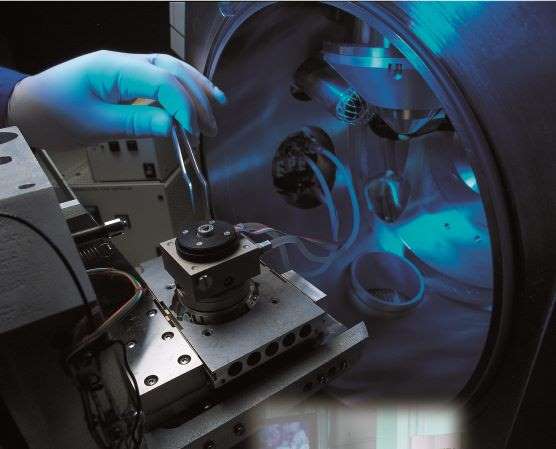
Mapei is best-known for its vast range of
construction chemicals, admixtures and adhesives, yet few realise that it’s
influence begins far earlier in the construction cycle with the provision of
advanced chemicals that aid cement manufacturers in the production of
high-quality cement.
In South Africa, and worldwide, Mapei is a
major supplier of cement additives and grinding aids that improve the
characteristics of cement, enabling producers to increase throughput and so
achieve better efficiencies and lower costs per ton of cement sold.
Mapei product manager for cement additives,
Laurence Gopane, says cement is produced with a complex recipe of clinker and
other ingredients including gypsum, fly ash, slag and limestone amongst others.
Each additive is tailor-made for each plant to support the particular
ingredients and manufacturing processes.
Careful selection
“Regardless of the mix, even plants within the
same organisation may have different recipes with their own unique challenges.
That’s where our team comes into its own. We are able to partner with the producer
and recommend products that will assist in meeting the specific requirements,”
adds Gopane.
“For example, some additives are grinding aids
that improve the grinding action of the mills by preventing particle
agglomeration and adhesion to equipment; and there are different types
available that improve the strength of performance. Mapei Grinding Aids
(M.A.G.A) as well as performance enhancers (M.A.P.E) influence the properties
of the final cement. Producers are therefore able to “tweak cement” to have
different properties, such as optimising early strengths and late strength
gains etc.
“The country’s major cement manufacturers rely
on these additives to achieve their production goals. Needless to say, since
Mapei’s entry into the local market some ten years ago, the game has changed
and our modern additives have brought many advantages to the market that
ultimately improves the quality of cement to end users,” says Gopane.
Live tests
He explains that due to the technical complexity
of the cement manufacturing process, there are many different variables that
need to be considered when adding additives. These include the type of clinker
being used, mix ratios of slag, fly ash, and other ingredients, as well as
equipment type, grinding media and a host of other variables.
The selection of the cement additive starts
with lab testing of the specific raw material.
This usually results in an initial prototype of
grinding aids, which is then tested in the mill and adjusted according to the
actual outputs and requirements. In the end, however, the result is the best
possible product that can be produced cost-efficiently from each manufacturing plant.
And, for the end user, it results in the best quality cement at the best
possible price per bag or ton.
“For contractors and other users – the use of
quality cement is critical in producing high quality concrete for local building
sites. It also enables cement producers to keep up with the high demand for
quality cement in either bulk or bags. This is when our team from Concrete
Admixtures will be able to add further technical support and benefits,” Gopane
concludes.
Giving back
Mapei also hosts an annual Cement Additives
Seminar which is open to all cement producers and blenders; regardless of being
a current customer or not. Specialists and technical consultants from our C-ADD
division in Milan come out to South Africa to interact, educate and present
relevant content to the attendees about the Cement Additives industry. The
event sheds light on the latest best practices, technologies and products
available to help cement producers to keep up with new and challenging demands.
The 2020 Cement Additives Seminar is anticipated to take place during the
second quarter of 2020.
More
information from Geoffrey Green, Tel:
+27 11 552 8476 / email: [email protected]
www.mapei.co.za

